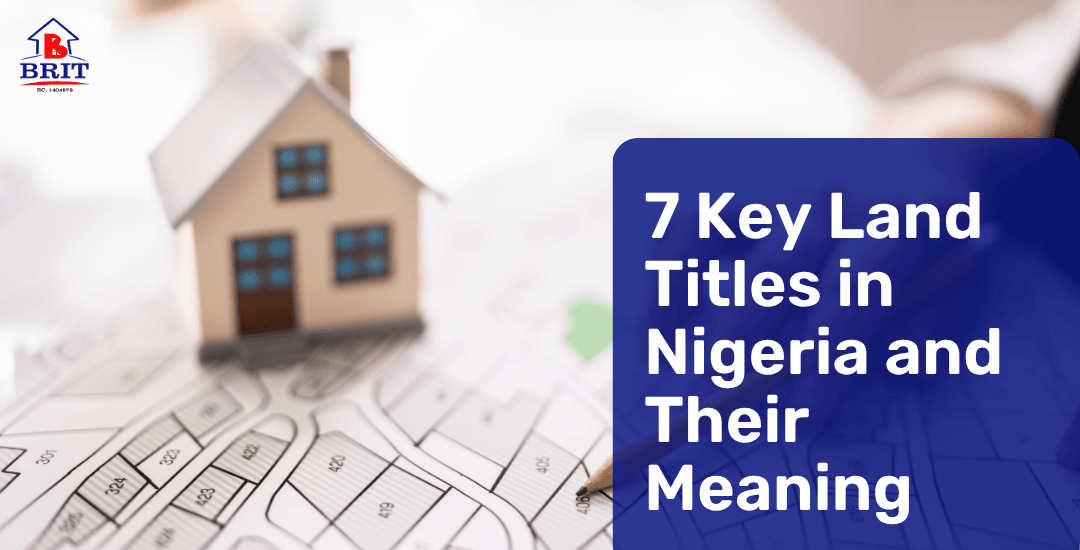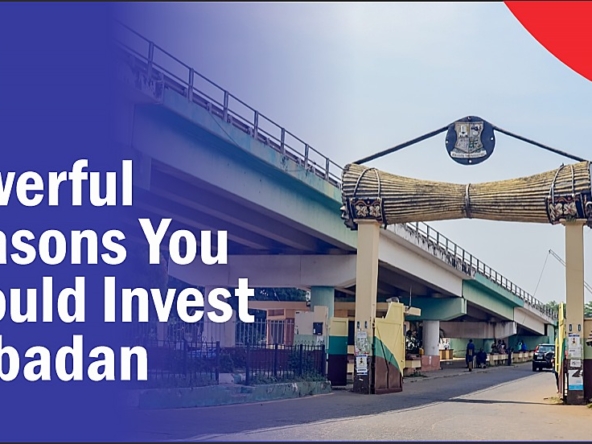7 Key Land Titles in Nigeria and Their Meaning
Before you rush to buy that sweet plot in Epe, let’s talk about something many Nigerians skip: land titles in Nigeria and their meaning. Imagine buying land and later finding out it technically belongs to the government. Heartbreak, right? To avoid that, you need to understand these land titles like a pro
Here are the 7 key land titles in Nigeria you must know before investing, especially if you’re targeting fast-appreciating areas like the Lekki-Epe International Airport and the Dangote Refinery corridor, where land values are pushing up every day.
1. Certificate of Occupancy (C of O)
This is the big boss of land titles in Nigeria. It means the government officially gave you permission to occupy that land for 99 years.
Why it matters:
It’s like getting your name on a birth certificate; you own it, simple. If you’re buying land in Epe, make sure it has a C of O or is in the process of getting one, or you’ll be fighting for years. Lands with a C of O often appreciate faster because they are legally clean and attractive to banks and big developers.
2. Governor’s Consent
You can’t sell land with a C of O unless the governor agrees, and that’s what this title is for.
Why it matters:
It’s the government saying, “Yes, you can sell this land, and we approve the new buyer.” If you’re buying from someone who already owns the land, this is what you want to see, especially for plots in areas with rapid development
3. Deed of Assignment
This one simply shows that someone has transferred ownership to you. It must be registered.
Why it matters:
If someone’s selling land to you in Nigeria, they should hand this over — or you run the risk of owning nothing. Without it, your claim won’t hold water in court.
4. Survey Plan
This shows the exact location, size, and boundaries of the land.
Why it matters:
Think of it as a land’s fingerprint. It helps you confirm if the land is under government acquisition or not. Lands in places like Abuja are now being mapped out clearly because of growing infrastructure, meaning you can buy with confidence.
5. Excision
This means the government has released that piece of land back to the community. As in, the government has handed the land over to the community and is not interested in it.
Why it matters:
If a land has an excision, it’s legit for private use. So, before jumping into any land deal close to areas where there’s a lot of government acquisition, check for excision. It’s often the first green flag of a land that’ll appreciate well.
6. Gazette
A gazette proves that excision is published in a government record. In other words, just like when a woman gets married, she changes her surname, and she can now announce in the newspaper that she has changed her surname to all who may be concerned. If she doesn’t announce it, it doesn’t stop her from being married, but for some legally binding documents, she is told to announce it.
Why it matters:
This makes the excision real and legally recognizable. Lands with gazettes are hotcakes in appreciating zones like Epe because developers trust them, and where developers go, value follows.
7. Freehold
This means the land is totally free from government acquisition.
Why it matters:
You own it outright — no stress. In Epe, these are still available but disappearing fast because people are rushing in as developments spring up.





